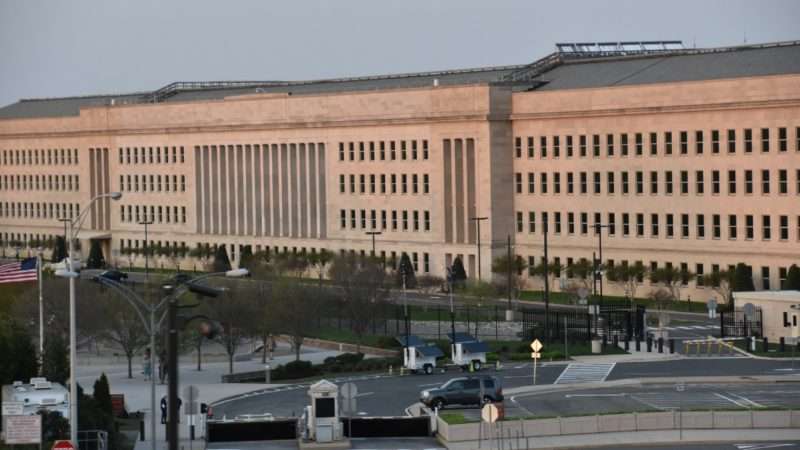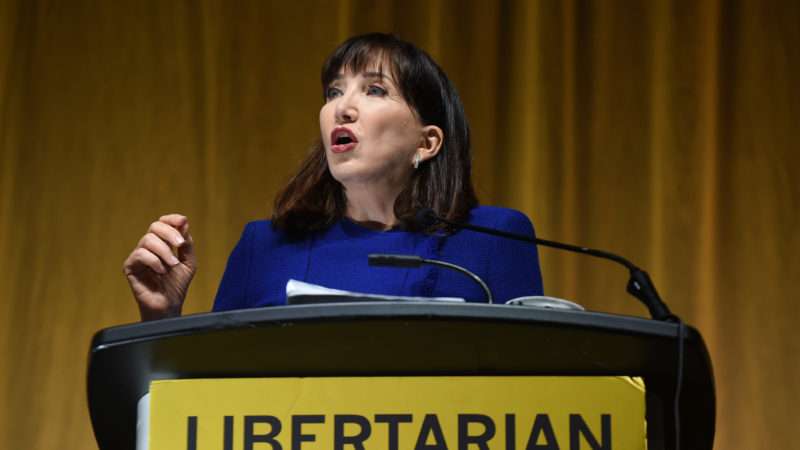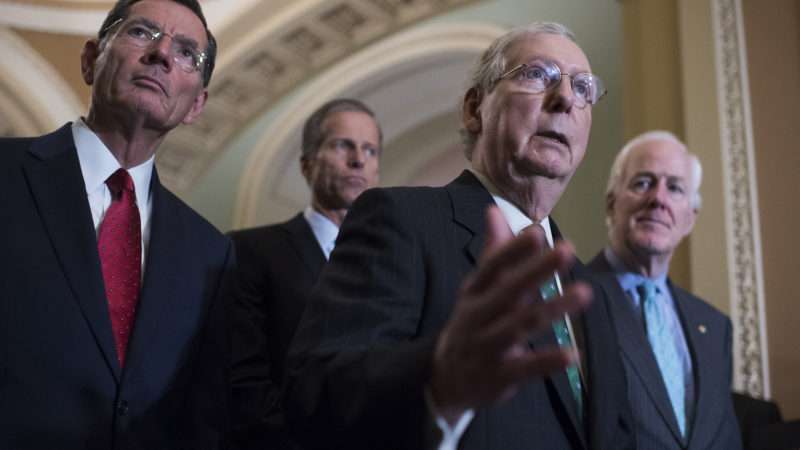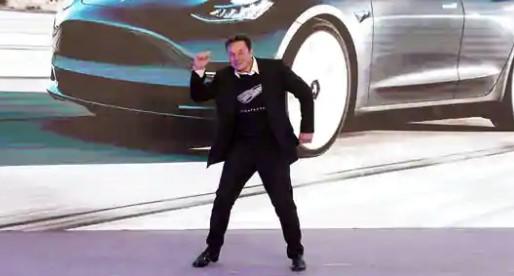Negotiations over yet another coronavirus relief bill are picking up again. With them comes the possibility that Congress will pass legislation shielding businesses from civil lawsuits alleging they exposed consumers or workers to COVID-19.
Liability protections have long been a demand of the business community, which has said that, absent congressional action, a “litigation wave” could delay economic recovery.
Consumer advocates and Democrats are much more skeptical of liability protections, arguing that they would effectively allow businesses to get away with endangering the public.
In July, Sen. John Cornyn (R–Texas) introduced the Safeguarding America’s Frontline Employees To Offer Work Opportunities Required to Kickstart the Economy (SAFE TO WORK) Act. Under Cornyn’s bill, a plaintiff would have to show by “clear and convincing evidence” that a business was not making reasonable efforts to comply with the government’s coronavirus safety regulations and was engaged in gross negligence or willful misconduct.
Plaintiffs would also have to provide a factual basis for why they believed a particular business was responsible for exposing them to coronavirus, as well as a factual basis for why the other places and people the plaintiff visited or interacted with two weeks prior to experiencing symptoms were not the cause of their coronavirus-related injury.
Businesses that have written policy on mitigating the spread of coronavirus are presumed to have made reasonable efforts to comply with public health regulations unless plaintiffs can show they didn’t abide by their policy.
The bill also gives federal courts original jurisdiction over coronavirus-related lawsuits, allowing defendants to have lawsuits filed against them in state or tribal courts moved to U.S. District Courts.
The SAFE TO WORK Act also gives businesses protection from lawsuits and regulatory enforcement actions brought under labor and public accommodation laws, provided they are making good-faith efforts to comply with coronavirus safety regulations.
These are pretty sweeping legal protections for businesses. They’re also necessary protections, according to proponents of the law, given the risks that businesses face when reopening in the midst of the pandemic.
“As states gradually reopen their economies, frontline health care workers, small businesses, and schools face a second pandemic of frivolous lawsuits threatening to bankrupt them,” said Cornyn in a press release when his bill was introduced. “This legislation would protect those acting in good faith from being sued into oblivion while ensuring bad actors who willingly put their patients, employees, or customers in danger will still be held accountable.”
Remington Smith, an attorney with the progressive nonprofit advocacy group Public Citizen, counters that the standards set in the SAFE TO WORK Act are impossibly high for any plaintiffs to meet.
“They put in every single hurdle imaginable to try to prevent people from suing companies,” Smith tells Reason.
He points specifically to the five-year liability shield the bill gives businesses, the onerous standards plaintiffs would have to meet showing they were exposed to coronavirus at a specific business, and giving original jurisdiction of coronavirus lawsuits to federal courts, which are viewed as friendlier to business.
For the industry, of course, imposing hurdles to lawsuits is the idea.
“Litigation is expensive. Many restaurants are closed,” Angelo Amador, a vice president with the National Restaurant Association, told Bloomberg Law back in June. “They can survive an inspection from [the Occupational Safety and Health Administration] OSHA or the department of health, but not all of them can survive expensive litigation. We want this liability threshold increased in order to stop lawsuits before they even happen.”
There’s a conceivable libertarian argument against coronavirus liability protections for businesses. On an individual level, lawsuits allow injured parties to vindicate their rights and receive compensation. Systemically, that system of liability would encourage businesses to do everything in their power to mitigate the spread of coronavirus without the need for uniform, micromanaging regulations.
Smith argues that the Trump administration’s deregulatory approach combined with the SAFE TO WORK Act’s liability protections means businesses have no incentive to try to protect customers and workers from infection.
“Our system is based on two pillars. The first is government enforcement, and the second pillar is the ability to hold people accountable in court,” he says. “If you remove the first pillar, and then you remove the second pillar, there is absolutely nothing to hold businesses accountable for doing the right thing and keeping people safe.”
It’s true that the federal government has issued few binding coronavirus regulations for businesses. States and localities, on the other hand, have not been shy about imposing detailed, onerous regulations on what kinds of businesses can open, and the safety protocols they must follow.
A third way between regulation and litigation, says Walter Olson, a legal expert with the Cato Institute, would be to allow for a system of contracts to sort out coronavirus liability.
“The answer to the uncertainty about who pays if you catch it at a movie theater or a restaurant,” would be for businesses to have customers sign waivers relinquishing their right to sue before they could eat their meal or watch a film, notes Olson.
Individuals would set their own standards for how much risk they want to assume when choosing which businesses to patronize. Firms would be left to balance the benefits of virus mitigation measures which would likely attract customers versus the costs of implementing those measures.
Protecting their brand and consumer goodwill would also motivate businesses to create safer environments, argues Olson.
“Whichever is the first theatre chain or whichever is the first chain of restaurants to be associated with an outbreak…that’s going to cost millions and millions of bad publicity, regardless of whether anyone sees a dime in litigation,” he says.
Over the past several decades, courts have become less willing to uphold liability waivers, however, Olson says. State legislation creating liability protections for businesses, he says, is a roundabout way of creating something close to what a system of contracts would look like.
According to an early August analysis from law firm Holland & Knight, nearly a dozen states have passed legislation offering businesses liability protection from coronavirus-related civil lawsuits. Several others have passed more targeted liability bills protecting healthcare workers or other specific professions from civil suits.
Business interests and Republican elected officials, including state officials, have instead endorsed the predictability and protection that would come with the minimum level of federal liability protection provided by the SAFE TO WORK Act. (The bill explicitly allows states to establish stricter liability protections of their own.)
The U.S. Chamber of Commerce, alongside a large coalition of business associations, has also endorsed the SAFE TO WORK Act. And in August, 22 Republican state attorneys general signed a letter endorsing the bill, writing that “states across the country have taken steps to address the need for timely, targeted and temporary civil liability protections in light of the pandemic, but the need for a uniform national baseline of liability protection still exists.”
Trying to provide liability protection on the national level, however, raises all sorts of constitutional red flags, argues Olson. Federalism gives state courts and state legislatures the primary power to hash out liability standards for civil lawsuits. “The federal government does not have carte blanche to second-guess the outcomes of state courts,” he says.
Lawsuits involving the wrongful death of employees have already been filed against large corporations including Safeway, Walmart, and Tyson Foods. A COVID-19 complaint tracker put out by the law firm Hunton Andrews Kurth finds that only about 20 lawsuits from consumers alleging personal injury from being exposed to coronavirus in a public establishment have been filed so far. A similar number have been filed by employees alleging unsafe working conditions.
Both Senate Republicans and the bipartisan, moderate Problem Solvers Caucus have included liability protections in their relief proposals. Democrats have voted down one Republican proposal that contained them, however that rejection was largely based on the (supposedly insufficient) size of the GOP bill.
Senate Majority Leader Mitch McConnell has said liability protection is a non-negotiable item that must be included in any future relief package. With renewed wrangling over another relief bill beginning, we’ll see if he gets his way.
from Latest – Reason.com https://ift.tt/30jVlil
via IFTTT





